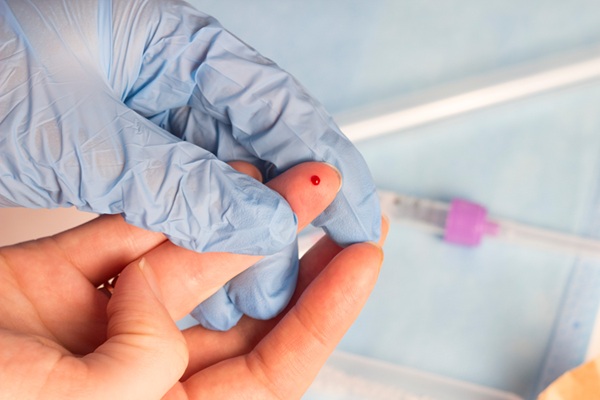Finger Prick Test Could Transform Heart Attack Prevention
Posted on 14 Feb 2025
Currently, blood-thinning medications are prescribed only to patients who have already experienced a heart attack or stroke, as these drugs can lead to serious bleeding in some individuals. Due to the lack of a reliable method to predict who may benefit or be harmed by these medications, doctors have been unable to prescribe them preventively to high-risk patients. Now, a new study suggests that a simple scoring system could transform how doctors prevent heart attacks and strokes by identifying patients who are most likely to benefit from preventive treatment.
The innovative test, known as the TRIPLE Score, was developed by researchers at the University of Reading (Berkshire, UK). It measures specific proteins on blood platelets, along with the patient's age, to help doctors make better-informed decisions about prescribing blood-thinning medications like aspirin and clopidogrel. Although the test is not yet widely available, the goal is to eventually make it suitable for point-of-care use. It will be incorporated into patient studies to verify its potential to enhance care.

In their study, published in Circulation Research, the team demonstrated that the TRIPLE Score effectively identified patients whose blood was more prone to forming clots in laboratory tests. The findings also correlated with established risk scores used by doctors to estimate a patient’s likelihood of having a heart attack within the next 10 years. The test requires just a small blood sample and could be developed into a simple tool that healthcare providers, not just specialists, could use in practice.
“Our new test will help doctors make sure that patients receive the best treatment and keep their quality of life,” said Dr. Alexander Bye, lead author of the research at the University of Reading. “Next, we aim to make the test even easier to use by developing a finger prick test, so that it as simple as measuring blood glucose."














